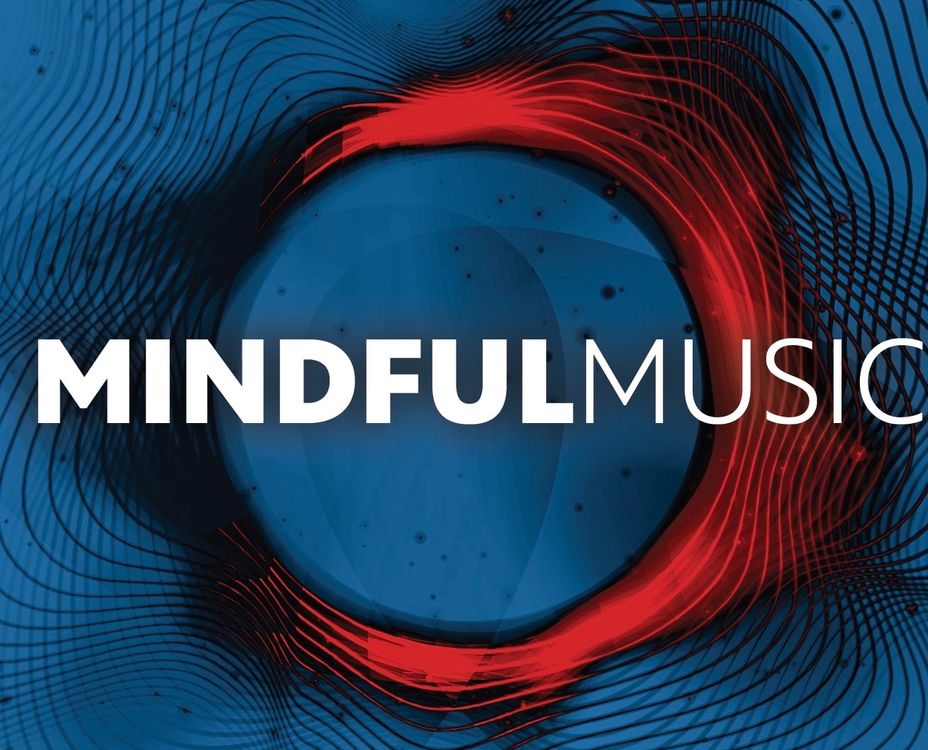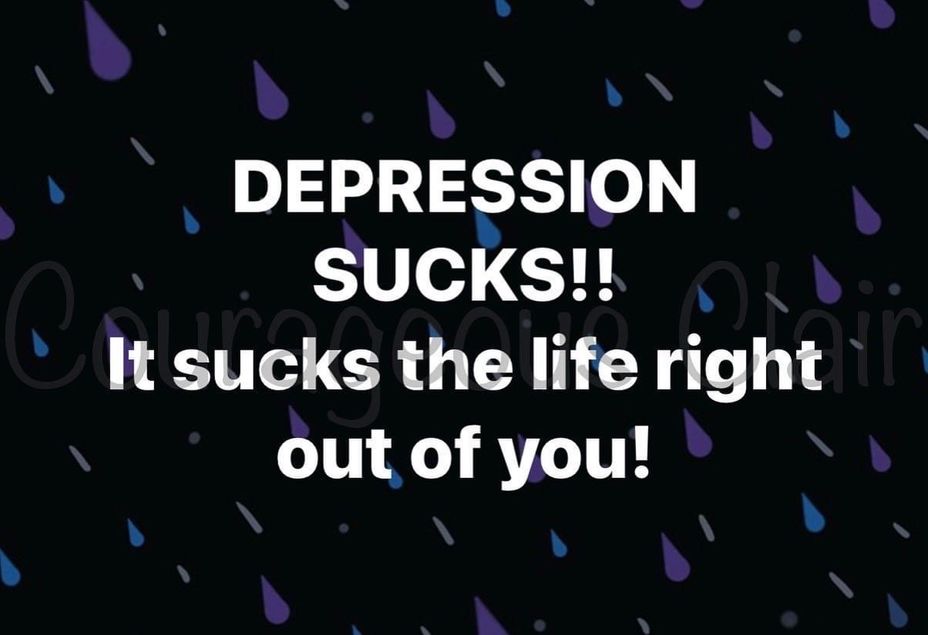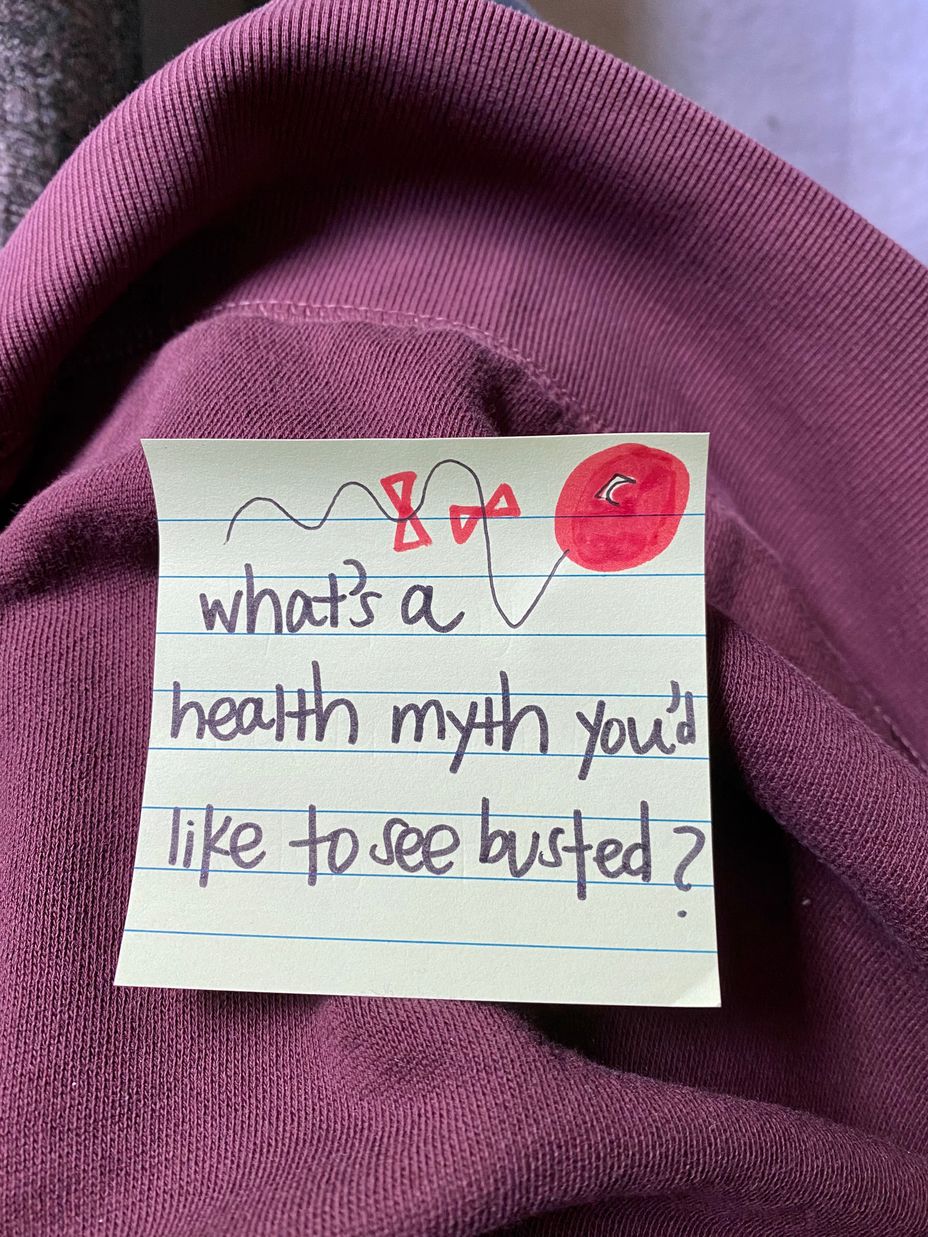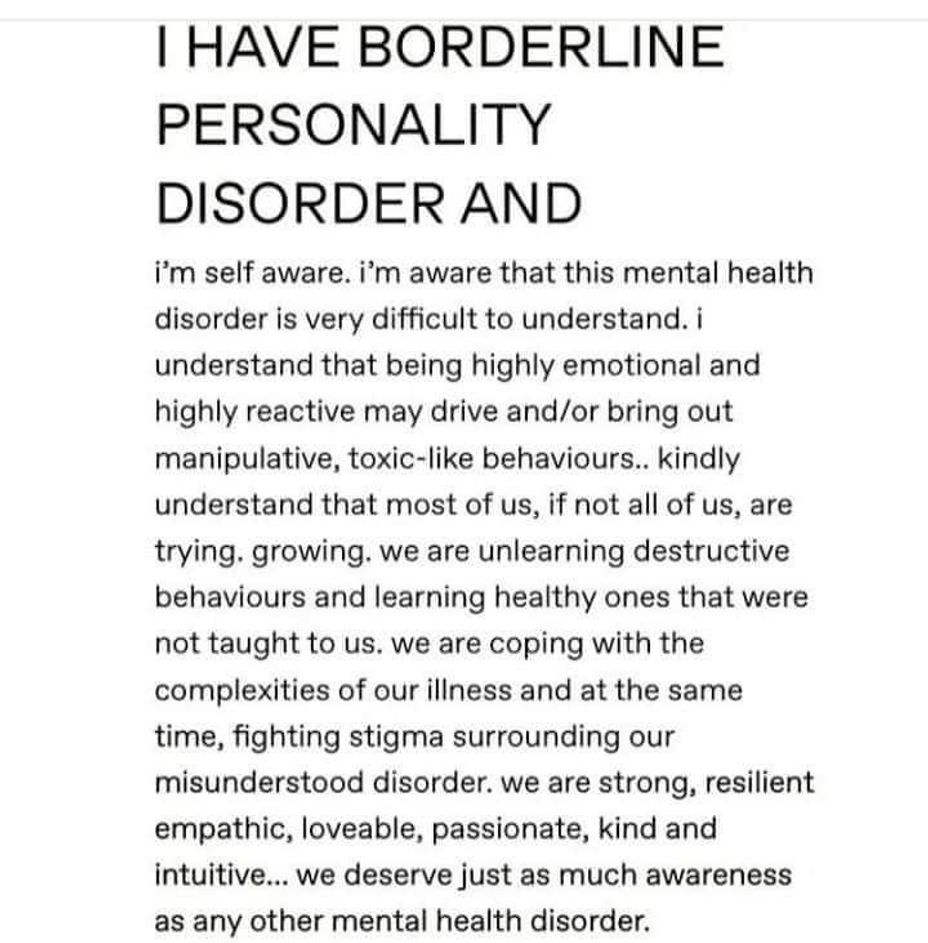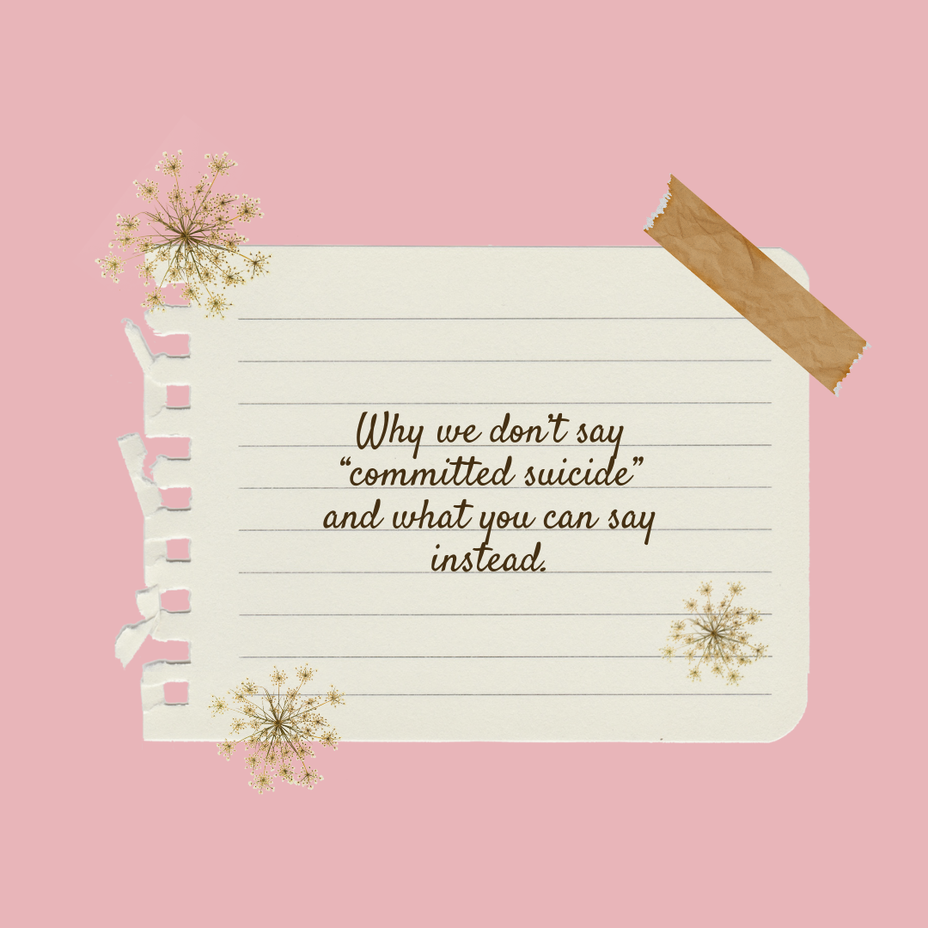Rock climbing saved my life. When I am on the side of that mountain, I feel more grounded, more alive, and more connected to the Universe. For me, it’s a holy place. This is my church. In my 32 short years on this planet, I have found climbing to be a beautiful metaphor for overcoming the difficulties life throws our way, sometimes.
In the rock climbing community as in everyday life, we refer to the obstacles we’re working through as “problems”. Although I am tired, hurting, and feel I can’t go on...I don’t give up. I continue pushing through the pain, doubt, and exhaustion until I finally reach the summit. At which point, I can reflect back on all the problems I overcame, the path I took, and what technique I used to get through it. Then, I can feel an overwhelming sense of pride and accomplishment for all my hard work. The next time I encounter a similar problem, I'll know what to do to get past it.
No one pushed or pulled me up the mountain. All that hard work was mine. The person on the ground belaying me is merely there to provide me with safety, support, and ensure I do not fall, should I stumble. Everything else is up to me. The more I work through my problems, with my friend supporting me on the ground, the stronger I become.
You see, therapy is a lot like rock climbing. In this allegory or metaphor, you (the climber) are the patient, the mountain is your crisis, the "problems" are all the obstacles that stand between you and overcoming the crisis such as the loss of a job or the death of a loved one or an illness, the summit is mental wellness, and the person belaying you is the therapist.
While your therapist doesn't tell you how to feel, what to think, or what conclusions to come to, they are there as a constant support to figuratively catch you should you have any setbacks during your journey. They keep you safe and secure by "holding the rope" so that you do not plummet, and so you can resume where you left off whenever you are ready.
You can absolutely achieve wellness on your own, or "free climb", but the trek will be significantly more difficult, and there will be no one "on the ground" to spot an easier path or remind you of different techniques you can implement to overcome those problem areas. So even though you are the one doing all the work, your therapist is an integral part of your team, who spots the problem areas ahead of time and assists in identifying the various tools you can use to get past them. In essence, they help you work through the problems in this way, without actually pulling or pushing you up the side of the "mountain". This is how you gain the strength and coping tools needed to persevere toward this summit and all future summits. Thus, rock climbing has taught me that when you replace "I" with "we", mental illness truly does become mental wellness❤
#MentalHealth #CollegeMentalHealth #wellness #CollegeSports #Sports #Therapist #Psychiatrist #ChronicIllnessStigma #EndTheStigma #MentalHealthStigma #BipolarDisorder #Agoraphobia #BrainInjury #Medication #Inspiration #Depression #Addiction #MentalHealthHero
